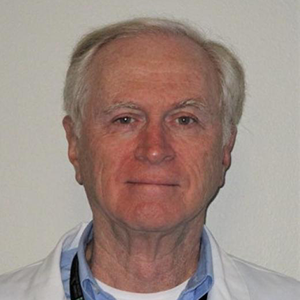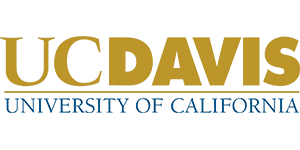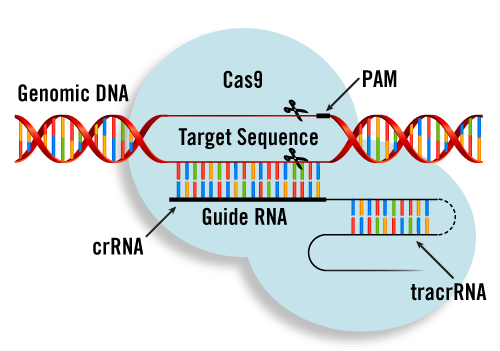Biography
Dr. Lloyd is an expert in mouse biology and genetics, with specific training and expertise in production and phenotyping of next-generation animal models for functional analysis of patient-specific disease biomarkers and characteristics. He applies contemporary genome editing (CRISPR/Cas9) and phenotyping tools to conduct in vivo analysis to unveil pathophysiological mechanisms and accelerate diagnosis by differentiating causative from correlative factors of disease. He serves as Director of the UC Davis Mouse Biology Program (MBP), in which he oversee the development, manipulation, and study of transgenic and genetically-altered mutant mice as models of human disease and genetic variation. He also serves as Principal Investigator and Project Director of the Knockout Mouse Project (KOMP), the Mutant Mouse Regional Resource Center (MMRRC), the Mouse Metabolic Phenotyping Center (MMPC), and the Mouse Biology Shared Resource for the NCI-designated Comprehensive Cancer Center at UC Davis.
Emerging Therapeutics Showcase:
University of California, Davis
The UC Davis Mouse Biology Program is an academic one-stop resource for the creation, testing, and care of mouse models of human biology and disease.
Session Abstract – PMWC 2020 Silicon Valley
The PMWC 2020 Emerging Therapeutics Showcase will provide a 15-minute time slot for selected companies and researchers in the CRISPR, Cell and Gene Therapy fields. Major advancements in safer cell- and gene-level editing technologies are bringing us closer toward cures for life-threatening disorders, from cancer to HIV to Huntington’s disease. Cell therapy, in which cellular material such as T cells capable of fighting cancer cells, is injected into a patient, has been demonstrated safe and effective. The popular new CRISPR tool that has been used to edit the genetic code of nearly any organism will have an enormous impact on human health. More than a dozen clinical trials employing CRISPR on human cells are already underway.









